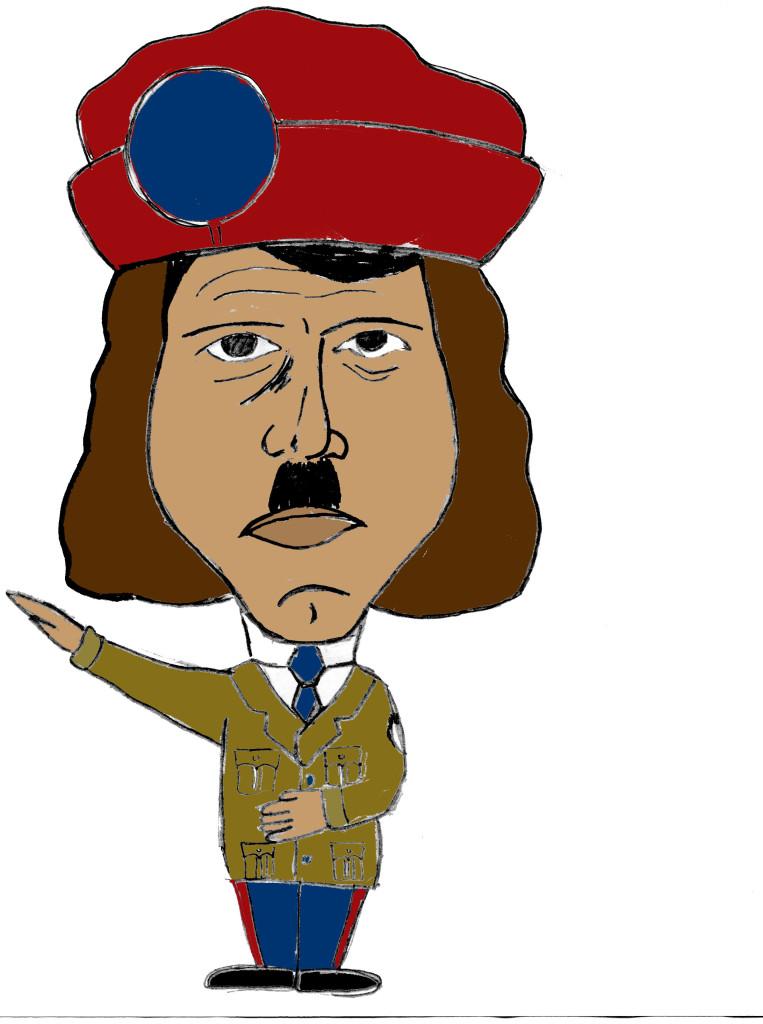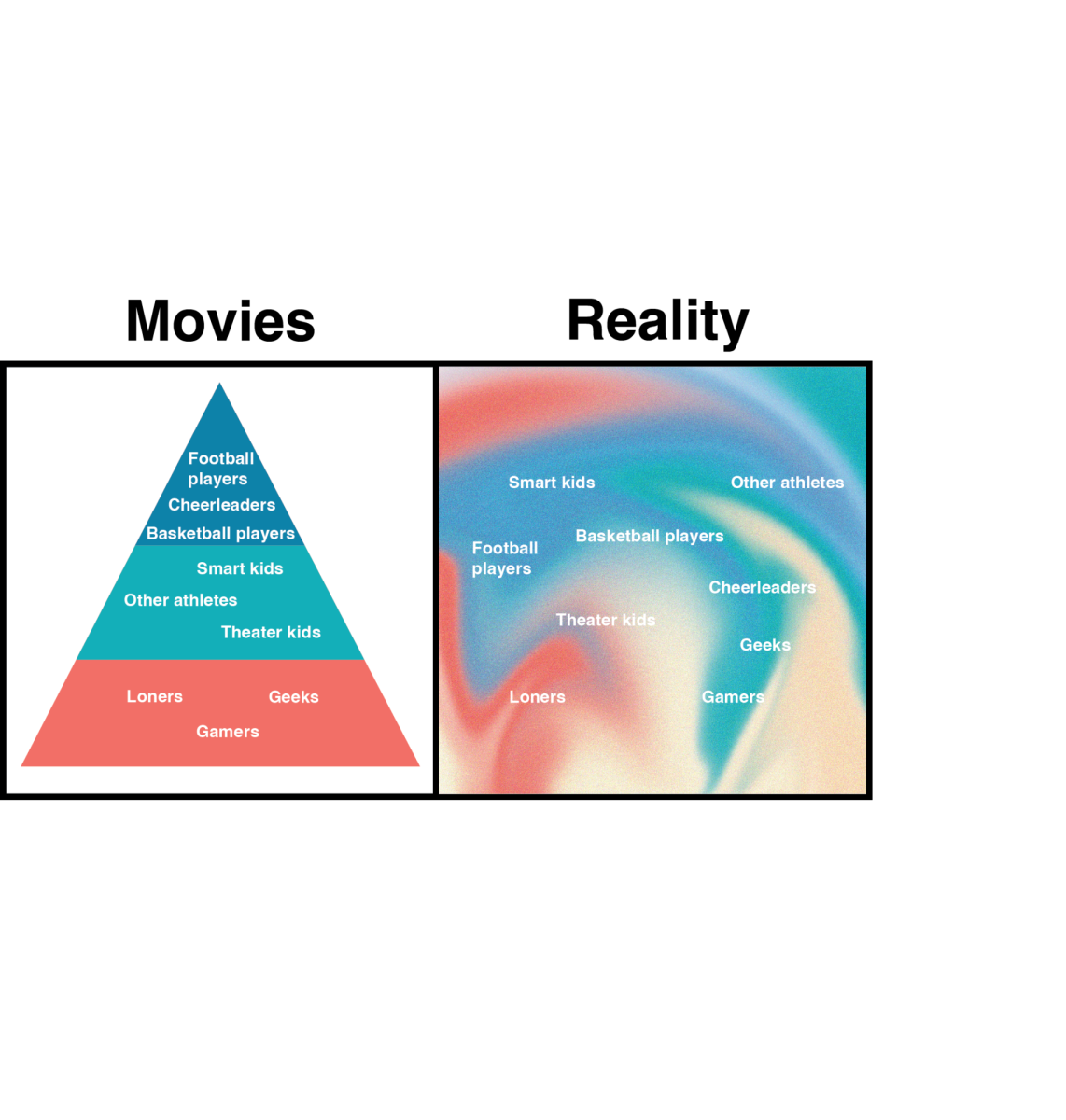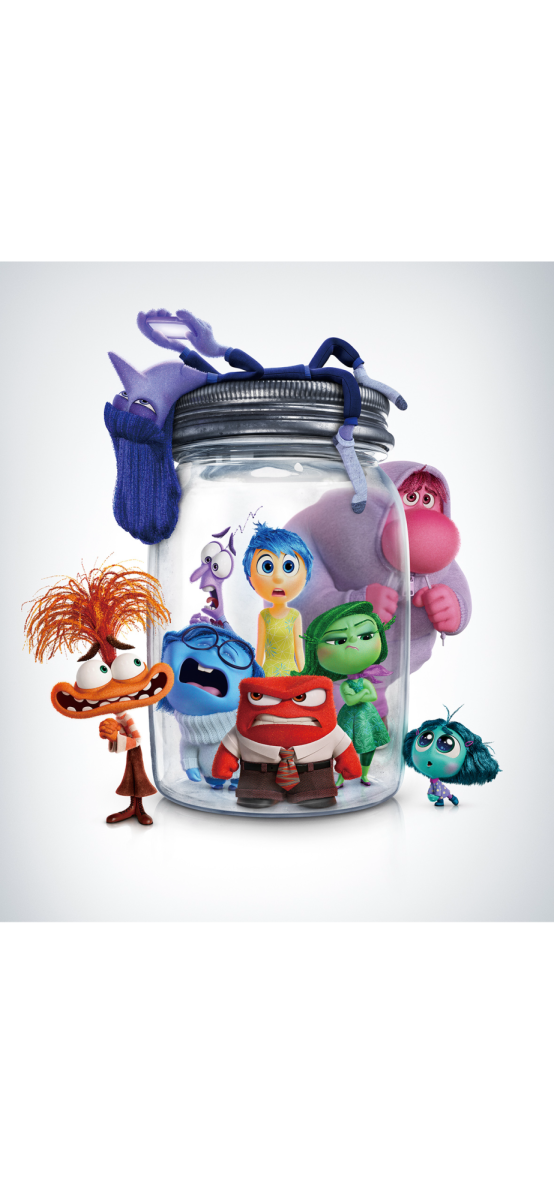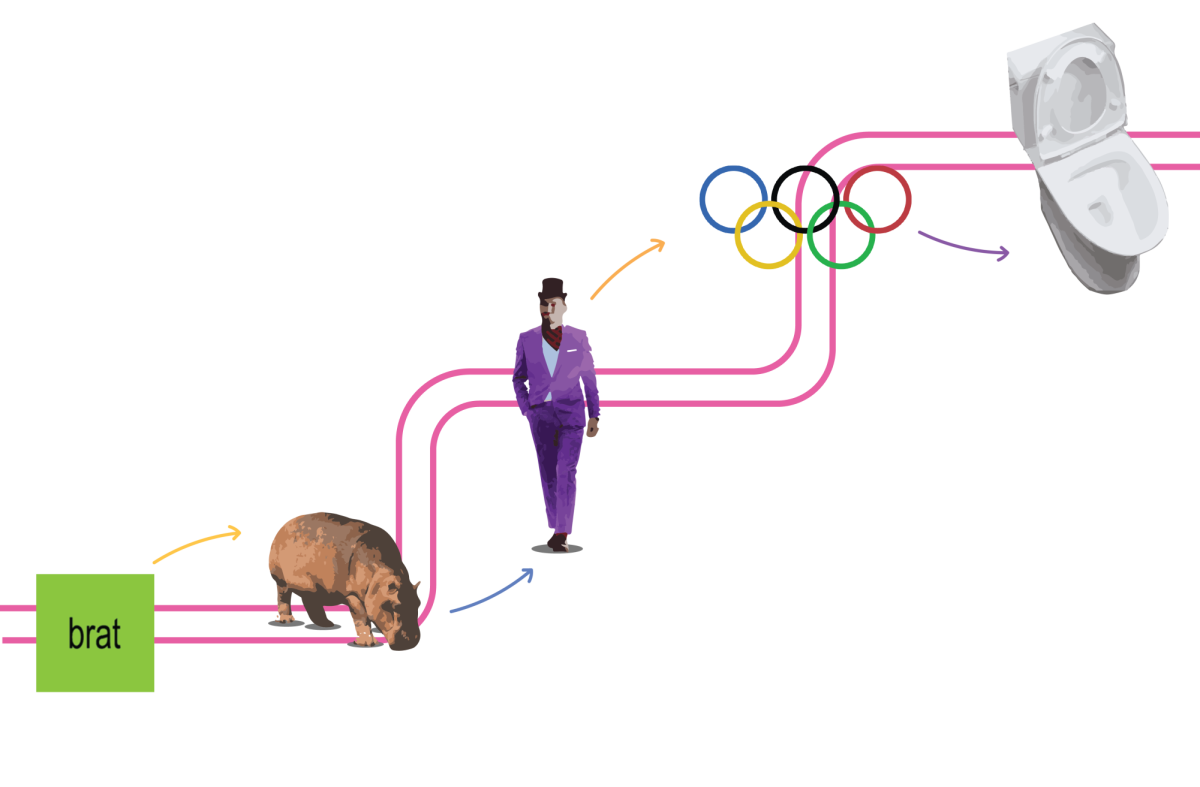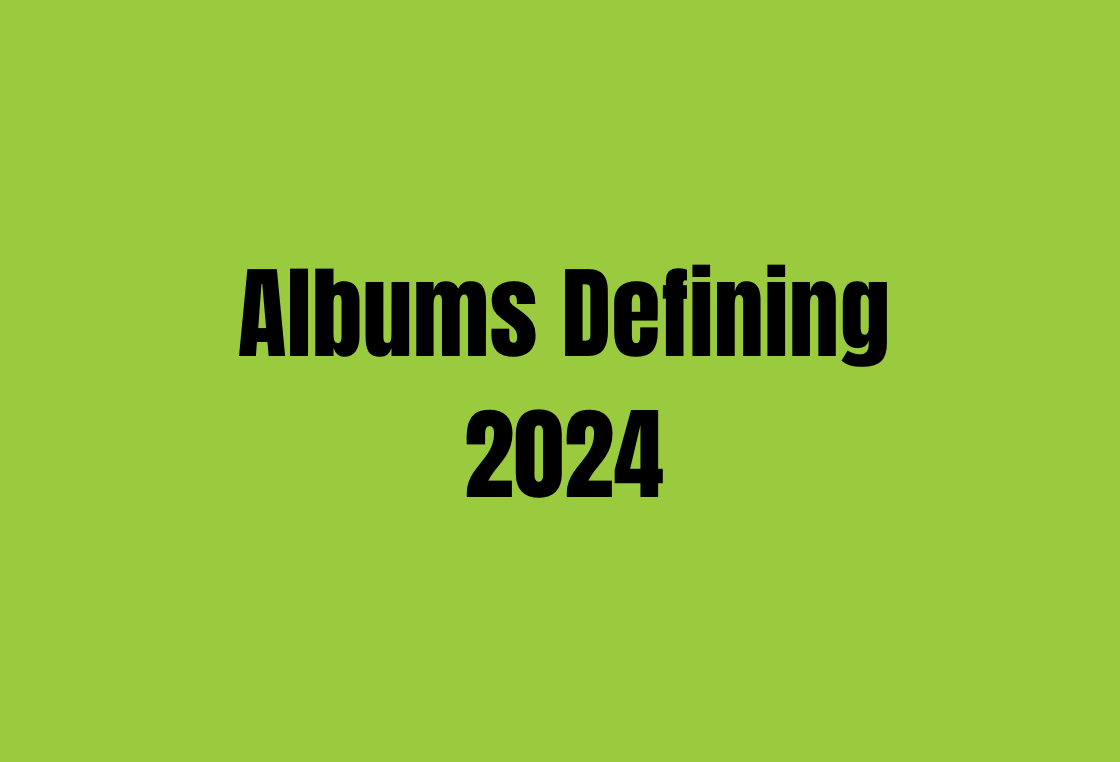Villainy all but oozes from sharp-tongued Richard III, who, as the duke of Gloucester, dives headlong into power-hungry plots of murder and treachery. This duke may be ugly as a dog, but, oh, does he have a way with words.
Richard is one of Shakespeare’s most cold and callous, doing the feats of a devil in the mold of a man. He has one goal: rule the monarchical roost. He even picks off members of his own family (including his two princely nephews and brother Clarence) without hesitation. His plots are laid then played. He is power-obsessed. And will dispose of anyone who threatens his reign.
Almost inevitably, Richard gains absolute power, and does so without our modern charms of mass media and technology. Yet, the lack of media did not seem to cripple this English monarch (well, cripple him anymore than his hunchback and withered arm). Richard swooped in and took rule of the kingdom in totalitarian fashion, only armed with his mental sharpness and fast-paced tongue.
Richard ruled in the late 15th century, but his governing techniques are very contemporary and revolutionized. In fact, he can be paralleled to more modern–and perhaps more infamous–dictators.
Adolph Hitler, Saddam Hussein, and Richard all possessed an utter willingness to kill anyone who stood in the way of their holy grail of a goal and showed no regret for their actions. In contrast, Hitler was able to use television and media to achieve his tyrannical goals. His infamous speeches were spread to the masses via radio and black-and-white TV programs. Richard was never given this opportunity, but it can be assumed that if given the chance he wouldn’t have wavered to use them.
But, with 400 years of “static” that stretches between Richard and the other two tyrants, does Richard’s brand of evil truly compare? Social science teacher William Milsten doesn’t think so: “even at Shakespeare’s worst, Richard doesn’t even come in the ballpark.” The time that spanned from Richard’s reign to, let’s say, Hitler’s rise to power may just be too vast to even make comparisons.
“Both Saddam Hussein and Hitler are products of the environment they’re in,” Milsten said, “Hussein was a leader of a minority group…so he had a huge group of people who were backing up everything he did. They want him to have success. Richard’s was more personal. He’s a bad person, but not the kind who is going to be able to be a tyrant like the other two. Is Richard going to be able to go out and massacre thousands and thousands of people, just on a whim? No.”
Though undeniably evil, Richard was under no delusion that the public adored him. His major and only goal seemed to be the maintaining of personal power within his monarchical system. Milsten continues: “I just don’t think Richard is any dirtier or any meaner than any of the other monarchs. Richard is a part of his own time. I think Henry VIII is a bigger buffoon than Richard ever was.”
Richard may’ve slaughtered his kin, but Hitler certainly took it to a whole other level. “I mean, how are you even going to argue with 6 million people [dead]?”
Were Hitler and Hussain merely trying on the Shakespearean Richard’s hand-me-downs, or was it Richard that could hardly be compared? The duke too took rule of a nation and executed the innocent, using just his word of tongue. Yet, it’s an arguable topic whether or not his chilling conquests would continue out of a 15th century, monarchical setting. Perhaps it’s a good thing we never had to find out.




